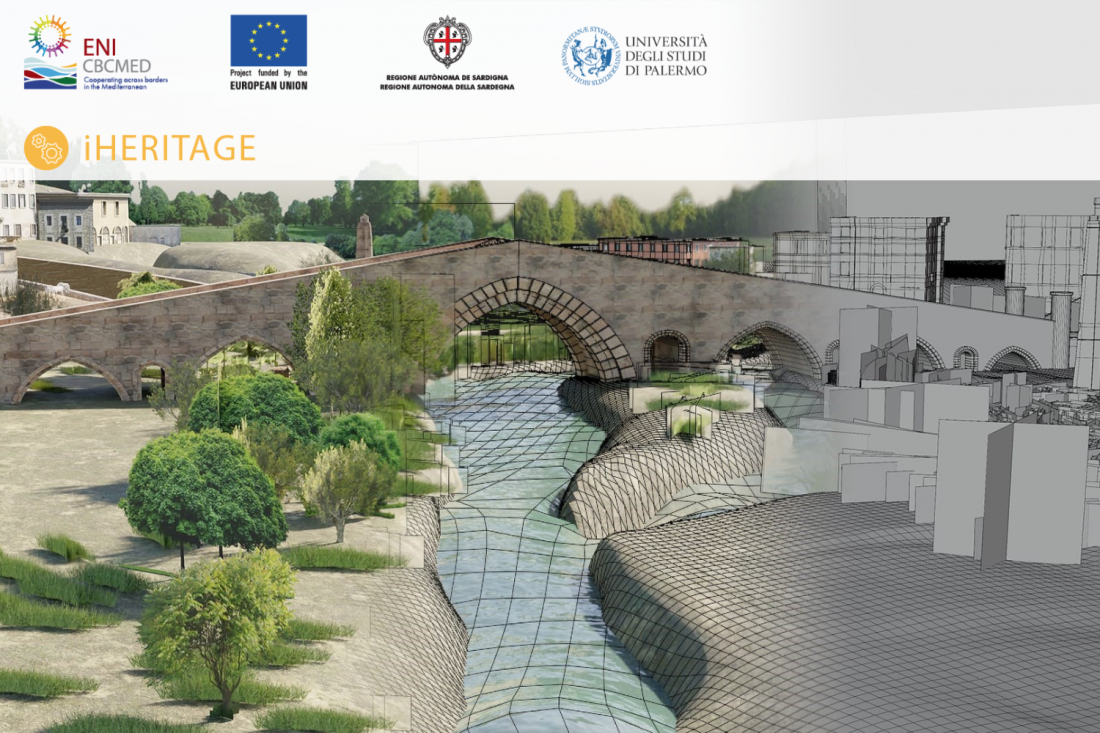The University of Palermo represents iHERITAGE for the 2nd Year at the "Sharing Researchers' Passion for Engaging Responsiveness" Night 2022

Come and take a virtual tour of the Qanāt and other buildings of the UNESCO circuit of Palermo!
The current programmatic lines of Mission 1: Digitization, Innovation, Competitiveness, Culture and Territory of the National Recovery and Resilience Plan (PNRR) encourage interventions aimed at enhancing the allure, safety, and accessibility of identity places to start actions for the enhancement and promotion of cultural heritage.
Among the targets envisioned under Goal 11: Cities and Communities Sustainable of the 2030 Agenda, which was endorsed by the UN General Assembly and signed by 193 UN member states in 2015, it is hoped that commitments to protect and safeguard the world's cultural and natural heritage will be strengthened (target 11.4).
As researchers, the team from the University of Palermo is committed to developing initiatives that put into practice actions that could have a real impact on our cities, people, and society as a whole. This is done by encouraging the latter to recover and preserve the most profound traces of the "memory" of its passed through the use of the most advanced technological tools useful for knowledge, representation, communication, and enhancement.
New cross-media application prospects have been made possible by modern technology, which have improved many communication channels such as the web, social media, and temporary or permanent physical installations. These scientific advancements are fundamentally altering how the material and intangible legacy of our communities are studied, analyzed, and presented to the public, especially with regard to post-COVID-19 planning. This has opened the door for additional communication processes. accessible, long-lasting, and richer in terms of information for "resilient" growth (economic, cognitive, and digital accessibility, inclusion, and participation).
The rules of social distancing imposed by the coronavirus emergency have made it quite difficult to meet in the physical world but viewers, smartglasses, holographic supports, immersive projections, 360 ° videos have proved capable of recreating communications and personal relationships, with the latest generation immersive technologies, which can be used, even in a post-COVID context.
As part of the strategic project "iHERITAGE. ICT Mediterranean Platform for UNESCO Cultural Heritage ", funded by the ENI CBC MED Program 2014-2020 and of which the University of Palermo is a partner with the Department of Architecture, specific activities are being conducted aimed at the development of innovative products that allow, through the new technologies of virtual / augmented reality, to enhance and make accessible / usable (albeit virtually) spaces and buildings (including underground) of the UNESCO site of the “Arab-Norman Palermo.







